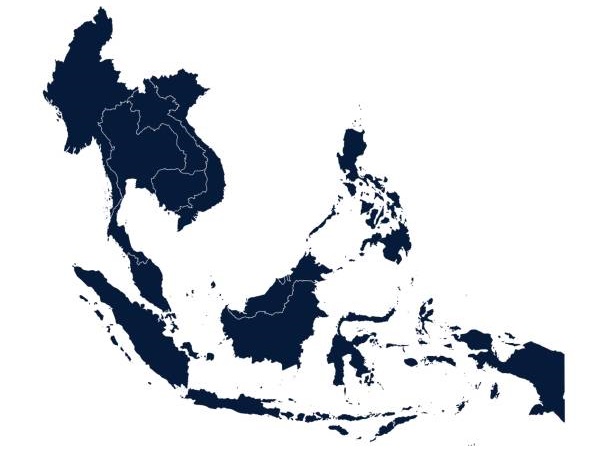CIMB Thai (CIMBT) anticipates increased opportunities for foreign direct investment (FDI) in Thailand due to the global trend of relocating manufacturing bases amid heightened US-China trade tensions.
According to Wut Thanittiraporn, CIMBT's head of corporate and transactional banking, with the global shift in manufacturing, Asean and Thailand have emerged as prime destinations for both direct and indirect foreign investment. CIMBT, as a regional financial institution network, is actively engaging with several large corporate companies interested in investing in Thailand.
These companies are seeking financial support from the bank worth US$300-500 million, he said.
Mr. Wut said corporate customers, including local, regional, and international companies, typically collaborate with Malaysia-based CIMB Group for their regional business expansion, encompassing both direct and indirect investment.
"The trend of manufacturing relocation and the high growth potential of ASEAN economies are expected to create significant opportunities for both outbound and inbound investments across the region," he said, adding that CIMB Group focuses on four regional strategic markets: Malaysia, Indonesia, Singapore and Thailand. This year, the group is concentrating on four key investment themes: sustainability, artificial intelligence, food security and consumer behaviour.
CIMBT is committed to supporting corporate clients with both outbound and inbound investments under these investment themes. The bank aims to expand its total corporate loan portfolio to 100 billion baht in 2024, following an increase in loans outstanding to 90 billion baht in 2023, up from 80 billion baht in 2022.
Due to the good asset quality of the corporate customer segment, CIMBT has successfully controlled non-performing corporate loans to a satisfactory level of around 1.7%, down from around 2% at the end of last year.
Mr. Wut highlighted the strengths of each regional market under CIMB Group's strategy. In Thailand, potential industries include tourism, healthcare, logistics, and data centres. Both foreign and large Thai corporations see opportunities for mergers and acquisitions in regional markets, with portfolio investment being a key strategy for local companies seeking investment returns in overseas markets.
"Despite Thailand's GDP growth being lower than its regional peers, the country remains attractive for FDI as foreign investors use Thailand as a production base for re-exports," he said.
According to CIMBT Research Center, global FDI declined to UScopy.3 trillion in 2023, a 2% year-on-year decrease, due to the worldwide economic slowdown and increased geopolitical tensions. However, FDI to Asean rose to $226 billion, a 1% increase.
Singapore ranks first in Asean for attracting FDI, followed by Indonesia, Vietnam, Malaysia, the Philippines, and Thailand since the start of the year. This indicates a continued shift of production bases to regional countries.
Source: Bangkok Post
August 15, 2024













